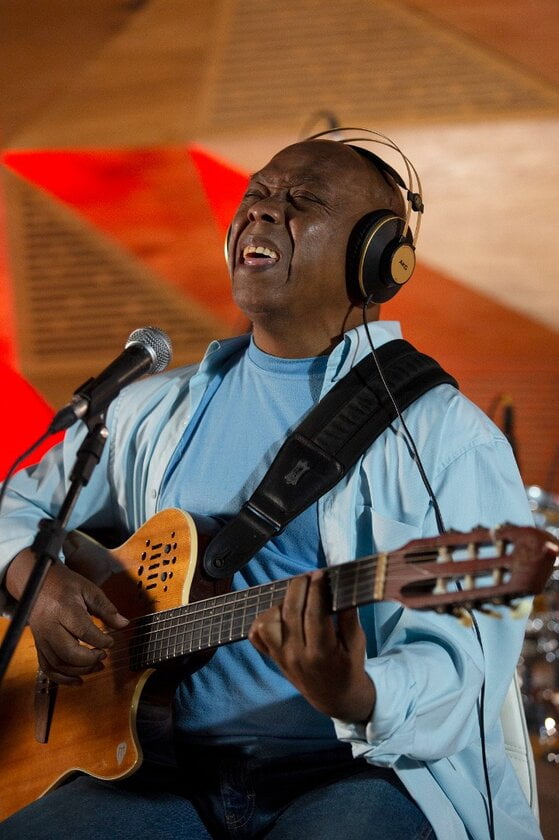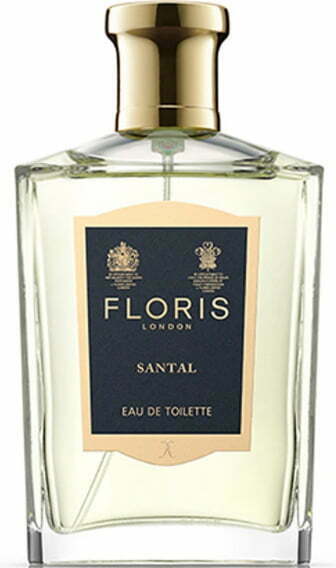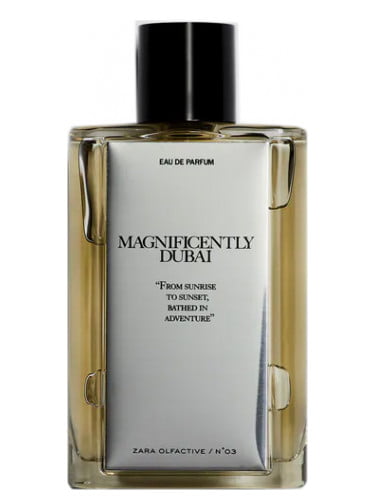FILO MACHADO

José Sérgio Machado known as Filó Machado ( Ribeirão Preto , São Paulo , February 3 , 1951 ) is a Brazilian singer , songwriter , arranger , instrumentalist and producer . In his career, he has partnered with composers such as Michel Legrand , Judith de Souza , Cacaso , Sérgio Natureza , Aldir Blanc , Fatima Guedes , Sergio Ricardo ,Taiguara , Djavan , Nei Lopes , Jorge Vercillo and Claudio Roditi .
“It was at that moment that I wanted to play the electric bass! It was this guy, Filó Machado. He is a “bad cat” (a term used by Americans in the music world to refer to exceptional musicians). You can hear the whole rhythm, the person and the bass in his accompaniment. It’s too beautiful! His accompaniment is amazing!”
Esperanza Spalding , upon hearing “Cantando um Samba”
Composer, Singer, Arranger, Producer, Multi-instrumentalist (drums, guitar, keyboards and percussion). Brother of guitarist and composer Celso Machado, who lives in Canada. He lived in France for eight years, where he developed an artistic career recording regularly with artists from that country, including Michel Legrand and Paul Mauriat. He returned to Brazil, settling in São Paulo.
Singer, composer, instrumentalist and arranger, born in Ribeirão Preto on February 3, 1951. At the age of ten, he began performing in dance groups, such as New Boys, Acadêmicos de Marília, Birutas do Ritmo and Conjunto Icaraí. Between 1967 and 1968 he went to work as a singer and guitarist in the Black Falcons Group and recorded the group’s first album.
In 1969, he attended primary school at Colégio Dom Bosco in Monte Aprazível (SP) where he worked as a practical music teacher, forming a string orchestra with seventy members.In 1970, he toured Brazil directing and conducting the Guitar Orchestra of Colégio Dom Bosco in Monte Aprazível.
In 1971 he went to São Paulo and started working in nightclubs such as Carinhoso, Batuqueje, Zibuka, Jogral, Catedral da Samba, Telecoteco, Igrejinha and Terceira Whiskey.In 1972 he participated as a guitarist in the LP “Caminhada” by Marília Medalha, he worked with the guitarist Rosinha de Valença. He worked with singer Simone at the Igrejinha nightclub.
In 1973 he worked in São Paulo nightlife alongside Benito de Paula, Leny Andrade, Zé Luiz Mazziotti, Geraldo Cunha, Macumbinha, Mutinho and Bira (Sexteto do Jô). She participated in the LP “Catedral do Samba Ao Vivo” alongside Alcione and Fabião.
In 1974, he performed his first show with his own compositions at Teatro 13 de Maio. In 1975, alongside flutist Léa Freire, he worked with singer Alaíde Costa. In 1976, he worked with Grupo Originais do Samba.In 1977 He participated in a great show Accompanying the great composer Adoniran Barbosa. did a series of concerts at universities such as: Puc, Fatec, Usp, Mackenzie, all in São Paulo.
In 1978, he performed alongside Johnny Alf and Alaíde Costa at Teatro Pixinguinha. produced the LP “O Violão de Celso Machado” and recorded his first album for the Chantecler label with the participation of Léa Freire, Roberto Sion, Celso Machado and Aluízio Pontes, an LP that had the song “O Polvo” as a success and the song “Velha Cidade” as a soundtrack for the soap opera “Como salva meu Casamento” on the extinct TV Tupi, both in partnership with Judith de Souza.
In 1979, he opened the Boca da Noite bar and had his LP “Filó” as one of the most played this year. In 1980 he produced and directed the LP “Confraria” by Robson Santos and participated in the LP “Brincadeira Manhã” by Lé Dantas e Cordeiro. In 1981, he participated in Djavan’s album “Seduzir” and recorded the song “Jogral” in partnership with him.
In the same year, he toured with Djavan and Fátima Guedes through the Pixinguinha project. She was the musical director of the show “Bailarina” by singer-songwriter Fátima Guedes. In 1982, he released the single “Trem Fantasma”, which was widely played on the radio. He made arrangements and produced the LP “Neon” by Grupo Placa Luminosa.
In 1983, he released the LP “Origens” with the special participation of Djavan and Léa Freire, participated in the most watched programs on the television circuit at the time: Chacrinha, Fantástico, Bolinha, “As Mais Mais” on TV Bandeirantes and specials on TV Cultura. The song “Terras de Minas” was included in the soap opera “Voltei pra Você” on Rede Globo.













